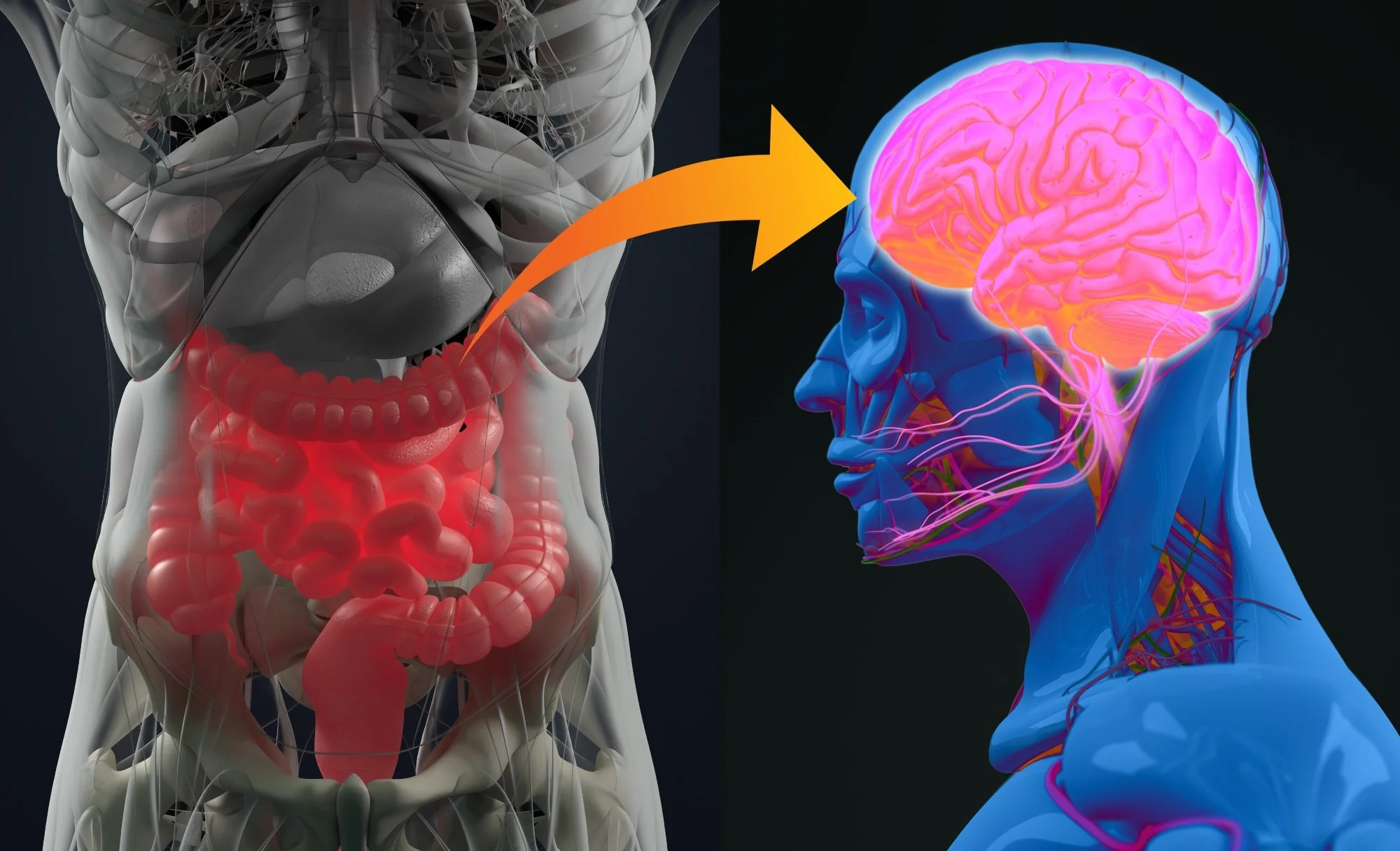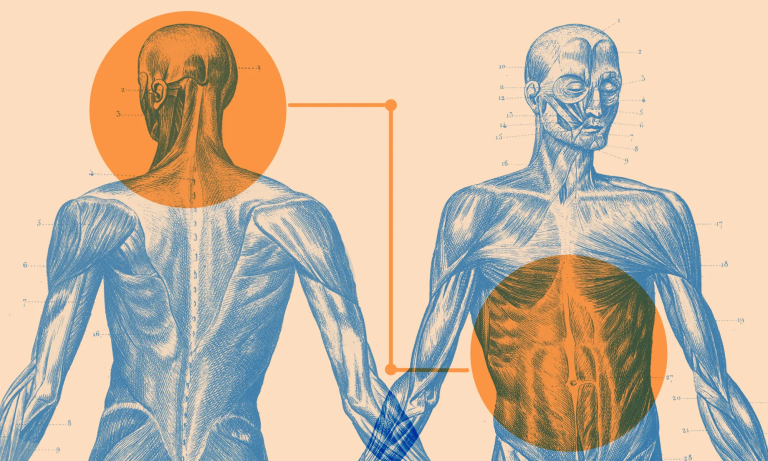
Recent studies have highlighted a powerful, often overlooked connection between our digestive system and our brain—commonly referred to as the gut-brain axis. A growing body of scientific evidence suggests that imbalances in the gut microbiome—trillions of bacteria and microorganisms living in our intestines—may play a role in the development of mental health disorders such as anxiety, depression, and even cognitive decline. Researchers believe this connection operates through the vagus nerve, immune signaling, and microbial metabolites that influence neurotransmitter production.
Expert clinicians and neuroscientists alike now recommend a more integrative approach to mental healthcare—one that includes evaluating gastrointestinal health. Diets high in processed foods and low in fiber can reduce microbial diversity, while probiotic-rich foods and prebiotic fibers help support beneficial bacteria. Clinical trials have shown that some strains of probiotics may improve mood and reduce symptoms of anxiety, although more robust studies are still needed to confirm long-term effects.
Understanding the gut’s role in mental health underscores the importance of holistic well-being. Patients experiencing persistent psychological symptoms should consider consulting both mental health professionals and gastroenterologists. Supporting gut health through nutrition, stress management, and medical guidance may offer a new frontier in mental wellness.







